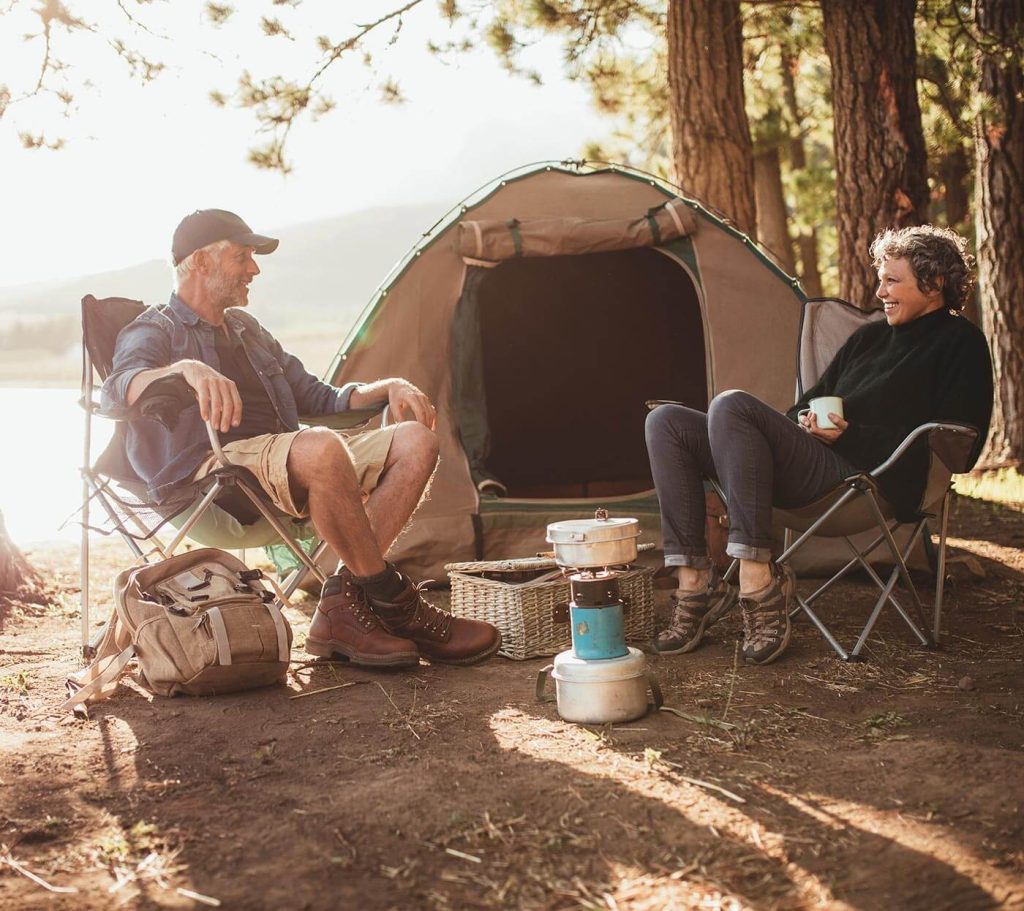How to Choose a Sleeping Bag for Summer Camping: Lightweight Options
A summer night under the stars should feel like freedom—not a sweaty mess or a shivering mistake. Yet without the right sleeping bag, even the most scenic campsite can turn into a restless nightmare.
To choose a sleeping bag for summer camping, look for lightweight models with temperature ratings between 50°F to 60°F (10°C to 15°C), breathable materials, and compact designs.
When I first started camping in warmer months, I thought any sleeping bag would do. But after waking up sweaty one night and shivering the next, I realized choosing the right summer sleeping bag is about balance: not too warm, not too cold. In this guide, I break down what to look for so you can avoid the same mistakes.
What Temperature Sleeping Bag is Best for Summer Camping?
Picking the wrong temperature rating can lead to uncomfortable nights in the outdoors. Here's how to avoid that.
For summer camping, sleeping bags rated between 50°F to 60°F (10°C to 15°C) are ideal for warm nights without overheating or under-insulating.
Understanding Temperature Ratings
Most sleeping bags include a temperature rating that tells you the lowest temperature where you'll stay warm. In summer, nighttime temps often fall between 55°F to 70°F (13°C to 21°C). A bag rated for 50°F keeps you comfortable without trapping too much heat.
| Temperature Rating | Best Use | Common Fill |
|---|---|---|
| 60°F (15°C) | Hot summer nights | Synthetic fiber |
| 50°F (10°C) | Mild summer nights | Synthetic/down |
| Below 40°F | Not for summer use | Insulated down |
When in doubt, check the nighttime temperatures of your camping location. Then match them to your sleeping bag's lower limit.
Which Sleeping Bag Shape is Best for Hot Weather?
Shape isn’t just about comfort. It affects airflow, weight, and how well your bag cools or warms you.
For hot weather, rectangular and semi-rectangular sleeping bags allow more airflow and are more comfortable than tight mummy shapes.
Choosing the Right Shape
Sleeping bags come in different shapes: mummy, rectangular, semi-rectangular. Mummy bags trap more heat, which is great for cold weather but not ideal for summer. Rectangular bags let you spread out and regulate temperature more easily.
| Shape | Pros | Cons |
|---|---|---|
| Rectangular | Breathable, roomy | Heavier, bulkier |
| Semi-Rectangular | Balance of comfort and weight | Still warmer than rectangular |
| Mummy | Lightweight, compact | Too hot for summer nights |
I personally use a semi-rectangular bag for most summer trips. It balances ventilation and weight.
What Materials Should You Look For in a Summer Sleeping Bag?
Material choice changes how breathable, light, and compact your sleeping bag will be.
Look for sleeping bags made with breathable nylon or polyester shells, and synthetic insulation for quicker drying and easier packing.
Material Matters
Nylon and polyester are both breathable and lightweight. Synthetic fill (like hollow fiber or polyester fiber) dries fast, costs less, and resists moisture better than down. For humid summer trips, synthetic insulation is often the smarter choice.
| Material Type | Benefits | Downsides |
|---|---|---|
| Nylon/Polyester | Lightweight, breathable | Less durable than canvas |
| Synthetic Fill | Quick-drying, affordable | Slightly bulkier |
| Down Fill | Compact, warm | Poor in humid weather |
I always recommend synthetic for summer unless you're in dry climates. It saves you trouble if your bag gets wet.
Should You Prioritize Weight and Packability?
Carrying extra weight or bulk can ruin a hiking trip. Summer bags should be light and easy to pack.
Yes. Summer sleeping bags should weigh less than 2 pounds (900g) and pack down small to fit easily in your backpack.
How to Evaluate Weight and Pack Size
Many summer campers go ultralight. These bags weigh under 1.5 pounds and compress into compact sacks. Lightweight synthetic models are ideal for this.
| Feature | Ideal Specs for Summer |
|---|---|
| Weight | Under 2 lbs (900g) |
| Packed Size | Under 6 liters |
| Compression Sack | Included preferred |
When I plan multi-day summer hikes, I always choose the lightest model that still meets my warmth needs.
Conclusion
Don’t let a heavy or stuffy sleeping bag steal the joy of a summer night. Choose smart. Sleep light. Wake up ready for the next sunrise.
Ready to upgrade your summer camping gear? Visit www.kingrayscn.com or contact Lisa Wang at marketing@kingrayscn.com to find lightweight, customizable sleeping bags designed for summer adventures.


